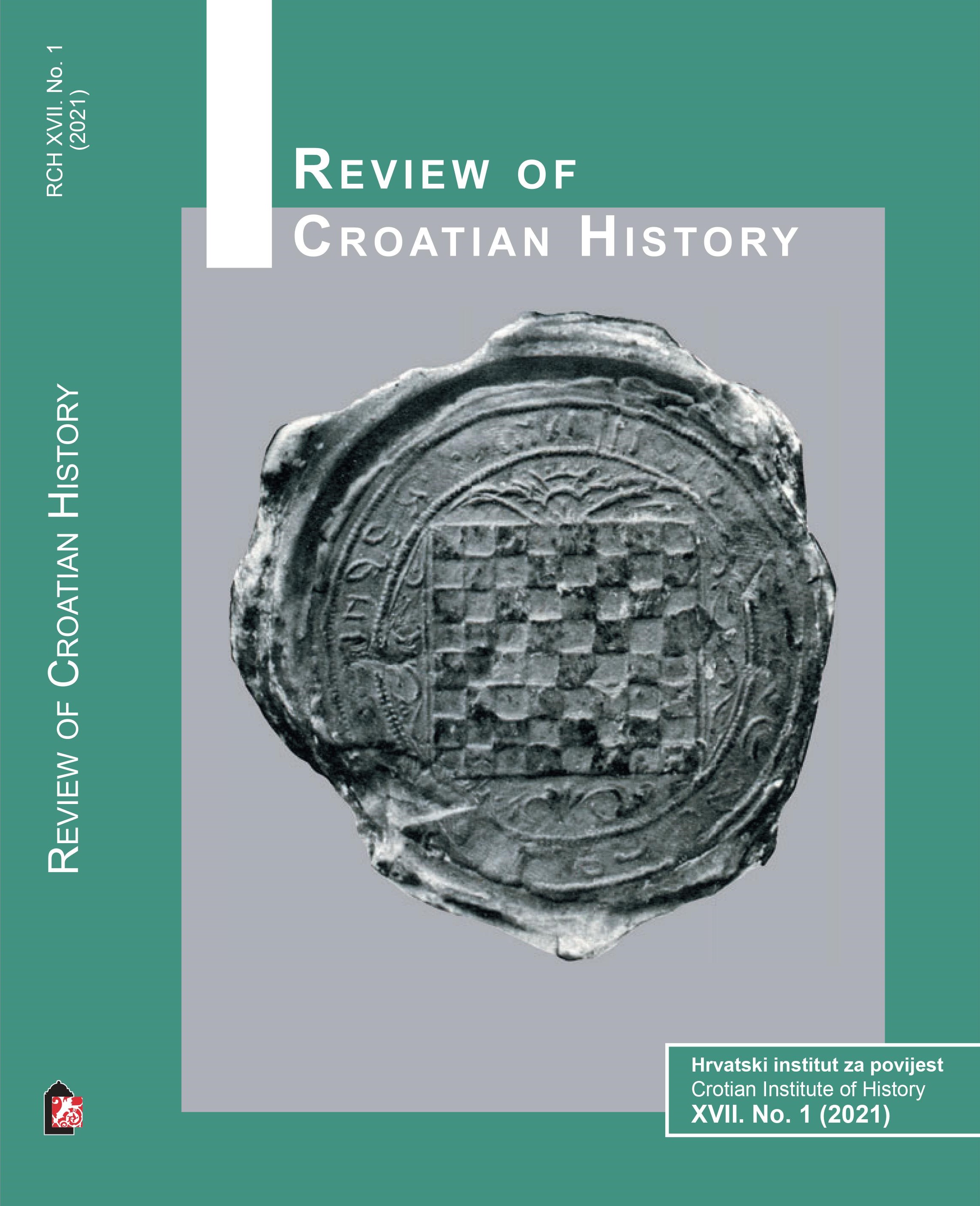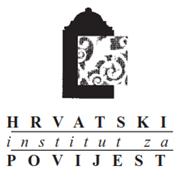GRAFEN VON KRABATEN: THE CURIOUS DESIGNATION FOR THE FRANKAPANI IN LATE MEDIEVAL GERMAN SOURCES
DOI:
https://doi.org/10.22586/review.v17i1.16852Keywords:
Frankapani, Grafen von Krabaten, Status, PrestigeAbstract
The counts of Krk were one of the most prestigious and most powerful noble families in late medieval Croatia, with a dominant role attained under Nicholas IV who received the last name Frankapani from Pope Martin V in 1430. Soon after his death German language sources began to refer to the family as Grafen von Krabaten or Counts of Croatia, a somewhat peculiar designation considering that there were other prominent families such as the counts of Krbava who also maintained contacts within the Holy Roman Empire. This paper traces the development of the term von Krabaten from 1440 until the election of Ferdinand I Habsburg as king of Croatia, showing how it was used throughout the century and may have been an indication of the respect and status achieved by the Frankapani under Nicholas IV and his sons. The term is also explored as a helping tool for further research into the history of the family using sources that have hitherto been overlooked or neglected.
Downloads
Published
How to Cite
Issue
Section
License
Copyright (c) 2021 Copyright holders are the publisher Croatian Institute of History and the authors.

This work is licensed under a Creative Commons Attribution-NonCommercial 4.0 International License.
The copyright holders are the Croatian Institute of History (as the publisher) and the authors.
The Review of Croatian History is an open-access journal. Its contents are freely accessible in their entirety. Users may read, download, copy, distribute, print, search, or put links to its material, and to change, reword, and process the material or use it in other legal ways, as long as they cite the original in the appropriate manner, in accordance with the Creative Commons licence CC BY-NC.
Works published in the Review of Croatian History may be deposited in institutional or thematic repositories, as long as the appropriate links to the web pages of the Journal and Hrčak (central portal of Croatian scientific journals) are made available.
The self-archiving policy is indexed in the Sherpa/RoMEO database, where it is visible that the journal allows the depositing of unreviewed (pre-print), reviewed (post-print), or publisher’s versions of the work.


